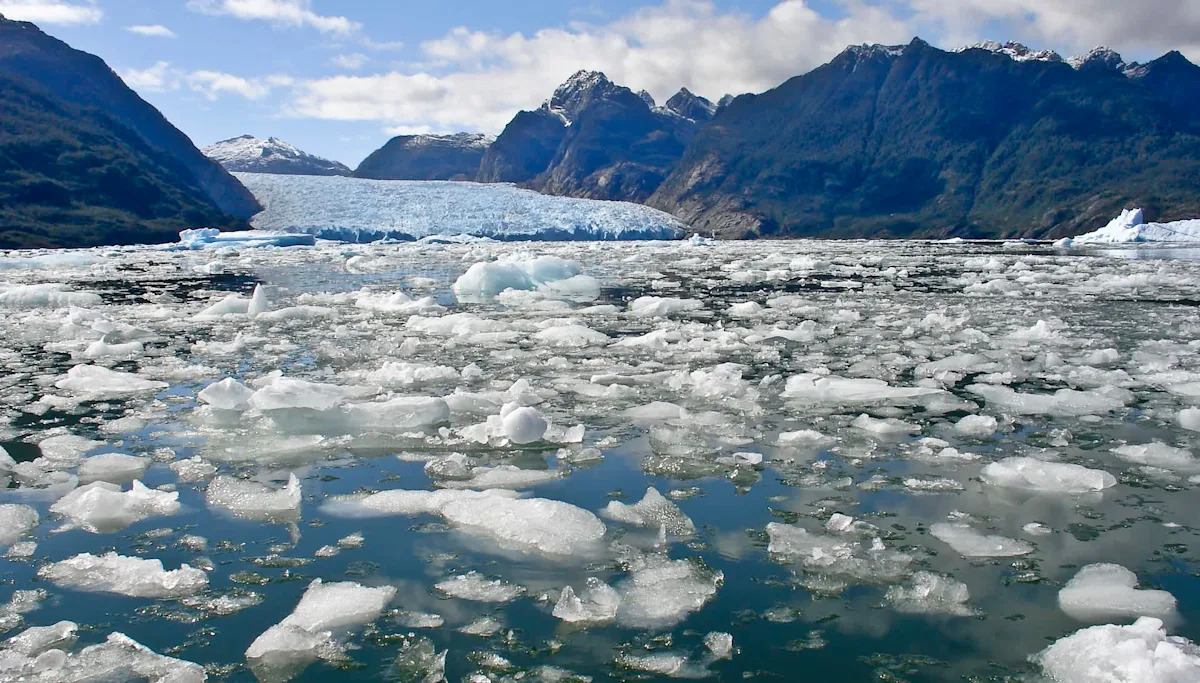Yahoo is using AI to generate takeaways from this article. This means the info may not always match what’s in the article. Reporting mistakes helps us improve the experience.Generate Key Takeaways
A new study has experts warning of the dire consequences for the Antarctic if drastic action to reduce harmful emissions at a global scale isn’t taken.
What’s happening?
Research conducted by the Australian National University and the University of New South Wales has found evidence of abrupt and irreversible sea ice loss in the Antarctic. As the study notes, the plight of the Antarctic is less understood than the catastrophe unfolding in the Arctic. The picture painted by the research is grim. Even in the best-case scenario for warming temperatures, the crucial West Antarctic Ice Sheet (WAIS) could be unsalvageable.
The study’s lead author, Dr. Nerilie Abram, warned that the collapse of the WAIS would have “catastrophic consequences for generations to come.”
Why is the WAIS important?
The loss of the WAIS could cause sea levels to rise by up to three meters, devastating coastal communities and erasing critical habitats, such as wetlands, which help mitigate the impact of extreme weather events. In a vicious cycle, the effects accelerate and worsen as more ice is lost. Sea ice absorbs and reflects the sun’s heat, and the more the surface area shrinks, the worse the problem becomes.
It’s not just people who will suffer the consequences; the wildlife that depend on stable sea ice will face an existential threat. Some emperor penguin colonies are already suffering the effects, and whales are facing disruptions to their food supplies.
What can be done to protect the Antarctic?
Desperate times may call for desperate measures to buy more time to get those planet-heating emissions under control. There have been some experiments aimed at thickening sea ice during the winter, but research is still in its early stages. It’s not yet clear if such geoengineering projects are viable and at the massive scale required.
Warnings mustn’t go unheeded, and that requires staying informed about the issues and taking individual and community-based actions to mitigate the impact of dirty energy. The problem is global, the solutions are local.
Join our free newsletter for good news and useful tips, and don’t miss this cool list of easy ways to help yourself while helping the planet.

